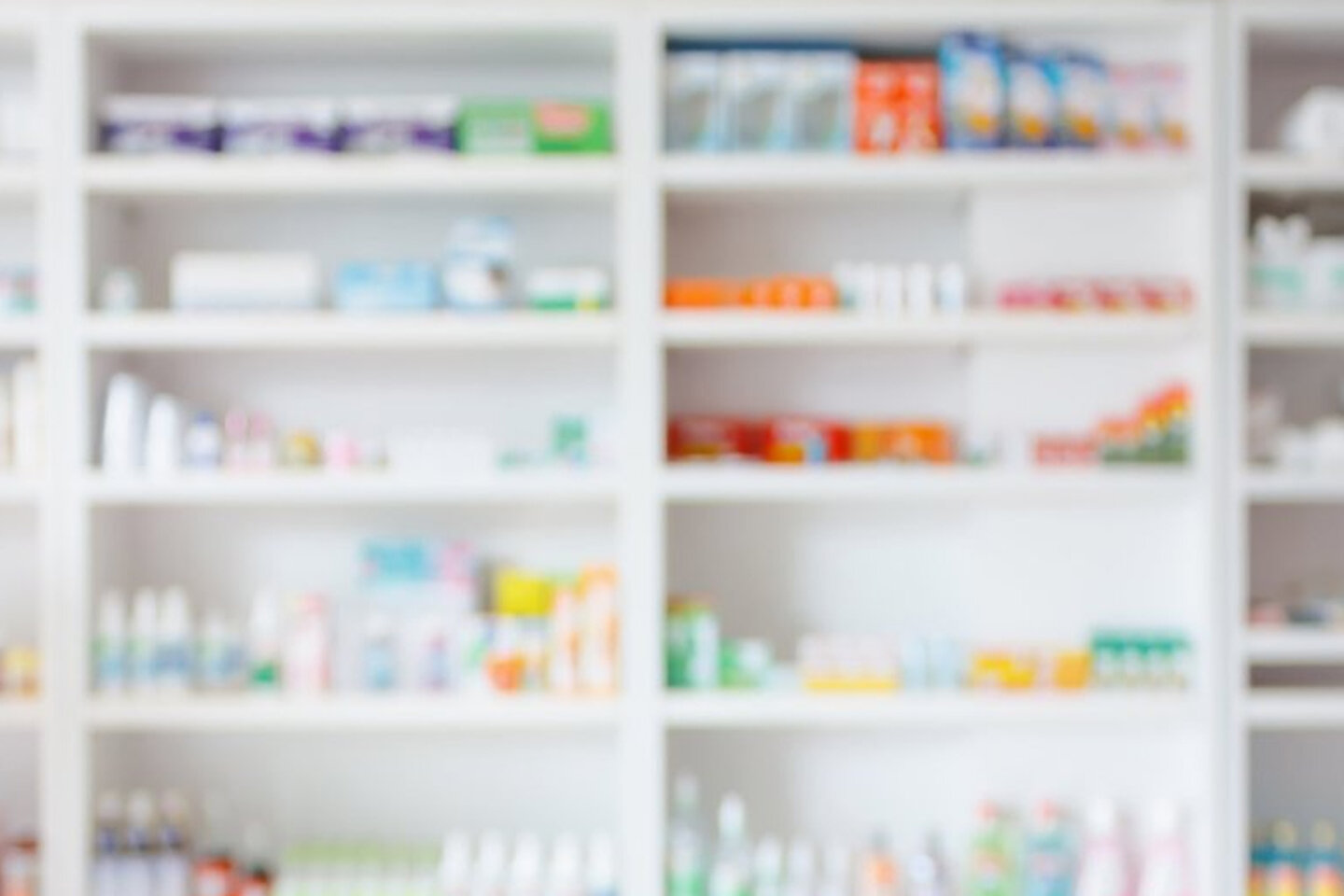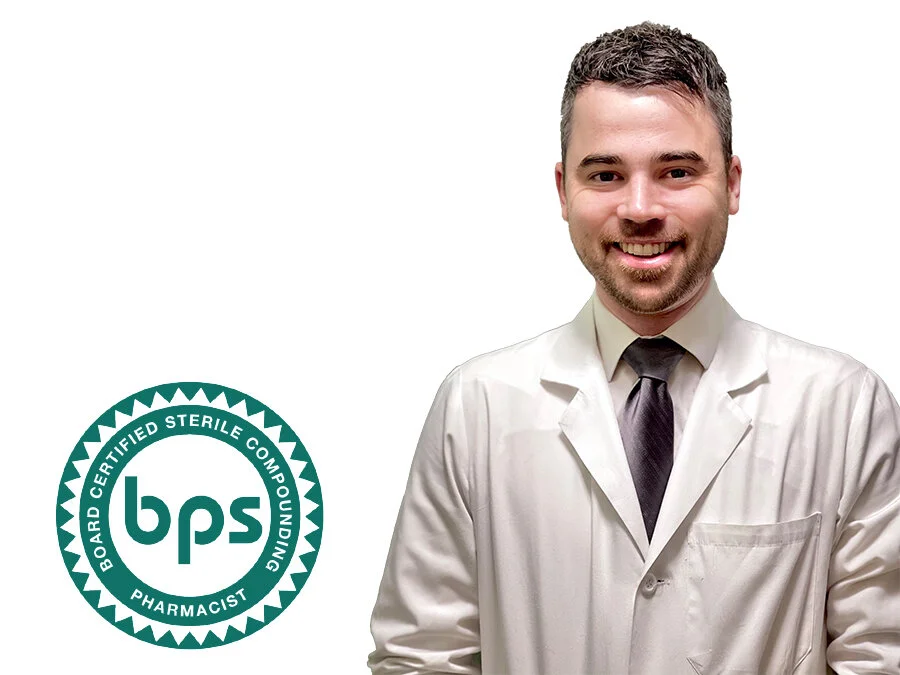
C3 PHARMACY CONSULTING
COMPLETE COMPOUNDING COMPLIANCE

SIMPLE SOLUTIONS
FOR COMPOUNDING COMPLIANCE
C3 Pharmacy Consulting is led by David Melton, PharmD, BCSCP. He is a board-certified sterile compounding pharmacist with over a decade of service in the industry. He has experience in managing sterile and non-sterile compounding in home infusion, 503a traditional retail pharmacy, and large tertiary hospitals. Currently he is practicing as a pharmacist specialist for compounding compliance and an adjunct clinical faculty, overseeing compounding facility management for 20 compounding suites and segregated compounding areas (SCA). Furthermore, he is leading key compliance projects for USP <795>, USP <797>, UPS <800> and USP <825>.

CORE SERVICES
Everything the Compounding Cleanroom Needs for Compliance
C3 provides monitoring and documentation services required for visibility in the compounding cleanroom.
ENVIRONMENTAL MONITORING
Documentation of monthly EM reports including an EM sampling map and a yearly overview.
CERTIFICATION REVIEW
Formal review of semi-annual certification with accompanying documented analysis.
CLEANROOM ACTIVATION PLANS
Analysis of EM results and temperature, pressure, humidity controls to validate stability and microbial control for opening new compounding spaces.
INVESTIGATION REPORT
Complete documentation and remediation reports generated from failed sampled sets. Action plans provided for quality improvement of personnel and facility related failures.
TRENDING ANALYSIS
Environmental reports are tracked, analyzed and recorded. Trending is reported as required by USP <797>.
DOCUMENT MANAGMENT
All document records are securely hosted and maintained on a cloud based platform, providing transparency and visibility.

$399
FLAT MONTHLY FEE
PER CLEANROOM

FAQs
WHAT TYPES OF COMPOUNDING ENVIRONMENTS DOES C3 HAVE EXPERIENCE IN?
- Traditional 503a Compounding
- High Risk Compounding
- Large Tertiary Hospitals
- Home Infusion
- Nuclear Medicine
- Non-Sterile (USP 795) Compounding
HOW OFTEN SHOULD I BE CONDUCTING ENVIRONMENTAL MONITORING ACCORDING TO USP 797?
- Opening of a new cleanroom or primary engineering control (i.e., hood)
- After semi-annual certification of a cleanroom or primary engineering control
- Servicing of equipment or facility (HVAC adjustments)
- Failed sterility testing of a product or known deviations of staff aseptic technique
- Known patient harm from sterile products compounded
HOW WILL THE NEW PROPOSED USP 797 CHANGE THE FREQUENCY OF EM SAMPLING?
- USP 797 2008
- Surface Sampling - Periodic
- Viable Air Sampling - At least every 6 months
- USP 797 Proposed 2019
- Surface Sampling - Monthly
- Viable Air Sampling - At least every 6 months
- Best Practice Recommendation
- Surface Sampling - Monthly
- Viable Air Sampling - Monthly
DOES USP 797 REQUIRE REVIEW, TRENDING, AND ANALYSIS OF ENVIRONMENTAL MONITORING?
- USP 797 states that “sampling data shall be collected and reviewed on a routine basis as a means of overall control of the compounding environment”.
- USP 797 requires trending over time of your surface and viable air sampling.
WHEN WE HAVE FAILED SAMPLES, ARE WE REQUIRED TO COMPLETE AN INVESTIGATION REPORT?
- USP 797 states that “any CFU count that exceeds its respective action level should prompt a re-evaluation of the adequacy of personnel work procedures, and air filtration efficiency within the aseptic compounding location. An investigation into the source of the contamination shall be conducted.”
HOW CAN C3 COME ALONGSIDE MY TEAM TO SUPPORT OUR COMPOUNDING COMPLIANCE?
- C3 partners with local pharmacy staff to provide the documentation and analysis that USP compliance requires. We bring quality assurance and quality control through in depth data review, which allows the pharmacy team to respond appropriately for patient safety.

LET US WORRY ABOUT YOUR CLEANROOM COMPLIANCE
SO YOU DON’T HAVE TO
GET IN TOUCH
CHAT WITH US TO SEE HOW WE MAKE CLEAN ROOM COMPLIANCE SIMPLE AND COST-EFFECTIVE.


